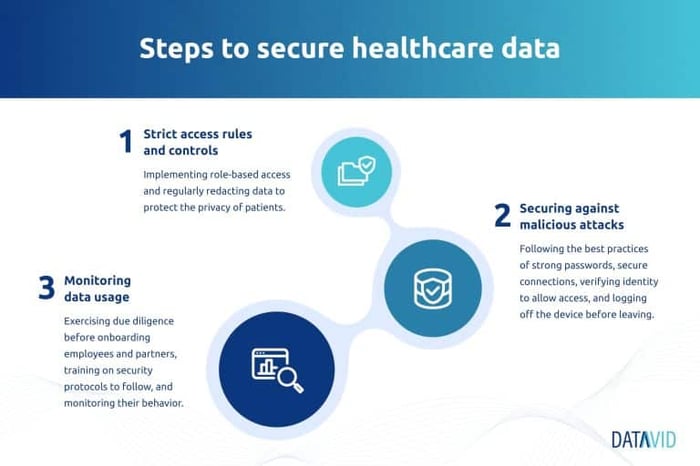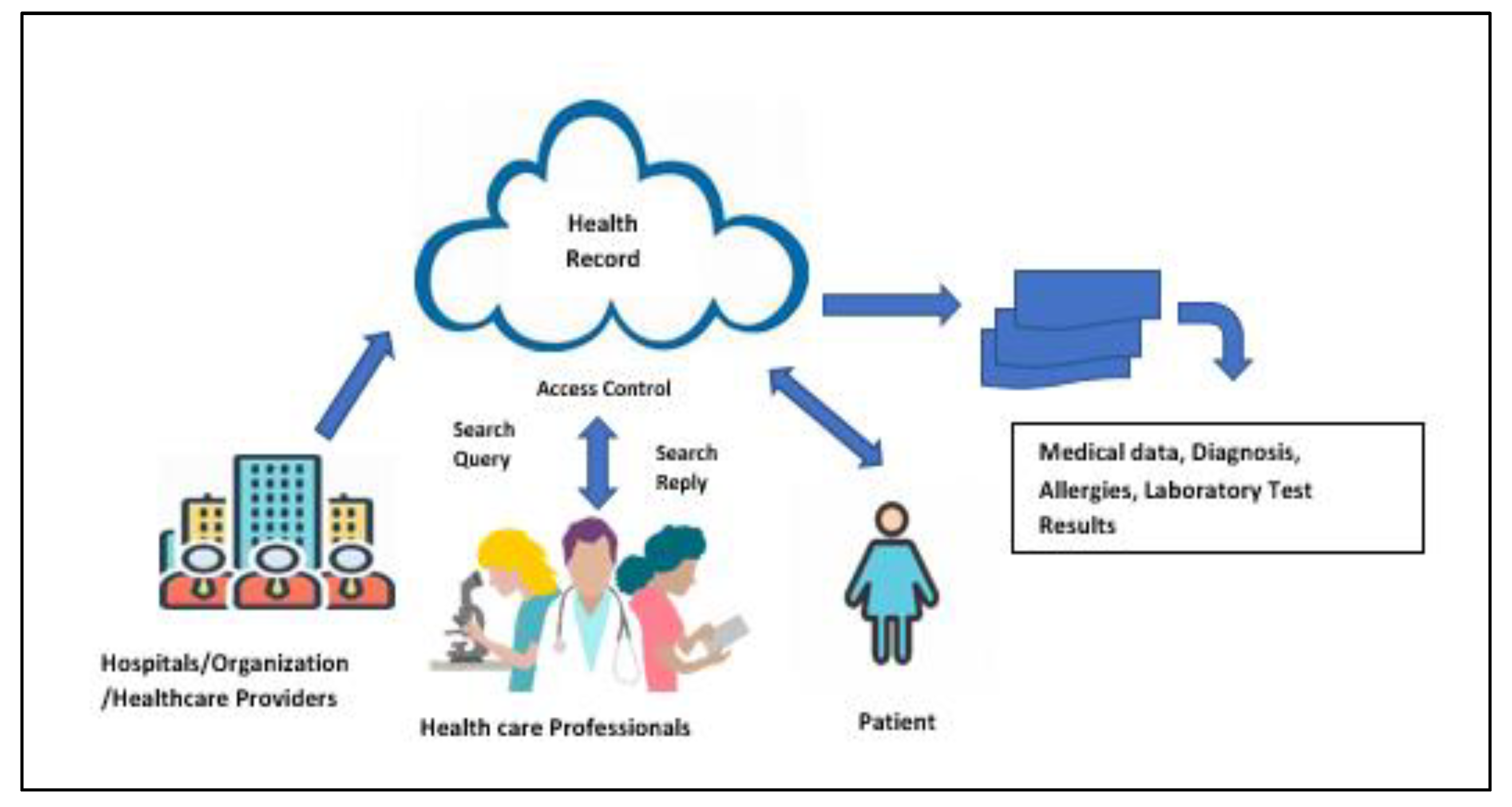
Guardians of Health: Navigating the Terrain of Data Security

The Imperative of Health Data Security: Safeguarding Patient Information
In the digital age of healthcare, the protection of health data has become a paramount concern. As medical information becomes increasingly digitized and interconnected, the importance of robust health data security measures cannot be overstated. Navigating the terrain of data security is crucial to maintaining patient trust and the integrity of healthcare systems.
Rising Threats in the Digital Landscape: A Call for Vigilance
With the proliferation of electronic health records and the interconnectedness of healthcare networks, the threat landscape has evolved. Cyberattacks, data breaches, and ransomware incidents pose significant risks to the confidentiality and integrity of health data. Healthcare organizations must stay vigilant to identify and address these evolving threats promptly.
Health Data as a Target: Understanding the Stakes
Health data is a valuable commodity on the dark web, fetching high prices due to its sensitive nature. Patient records contain a wealth of information, from personal details to medical history and financial data. The repercussions of a security breach extend beyond financial losses, encompassing damage to reputation, legal ramifications, and, most importantly, compromised patient well-being.
The Role of Encryption: Fortifying the Digital Fortress
Encryption stands as a formidable tool in fortifying
